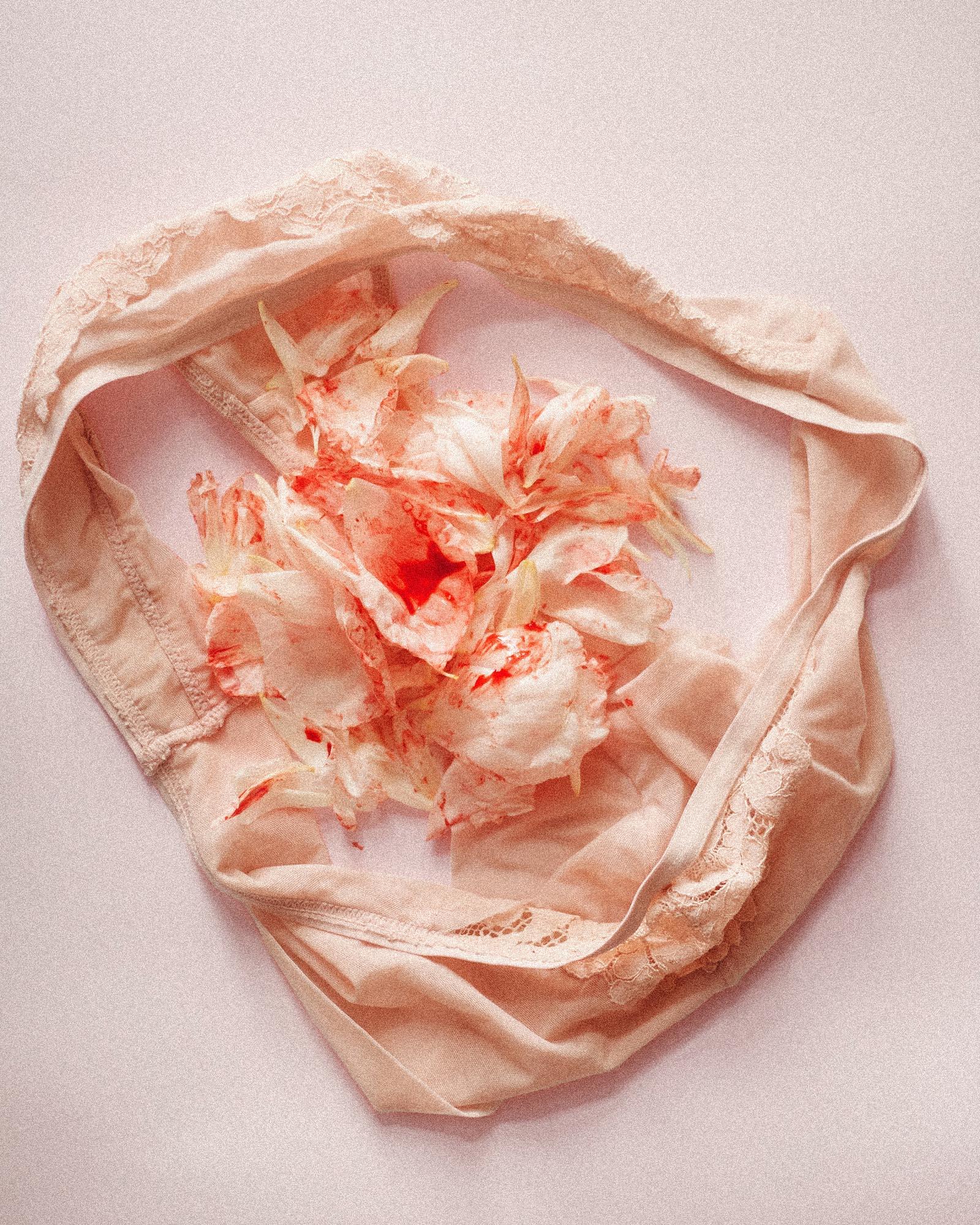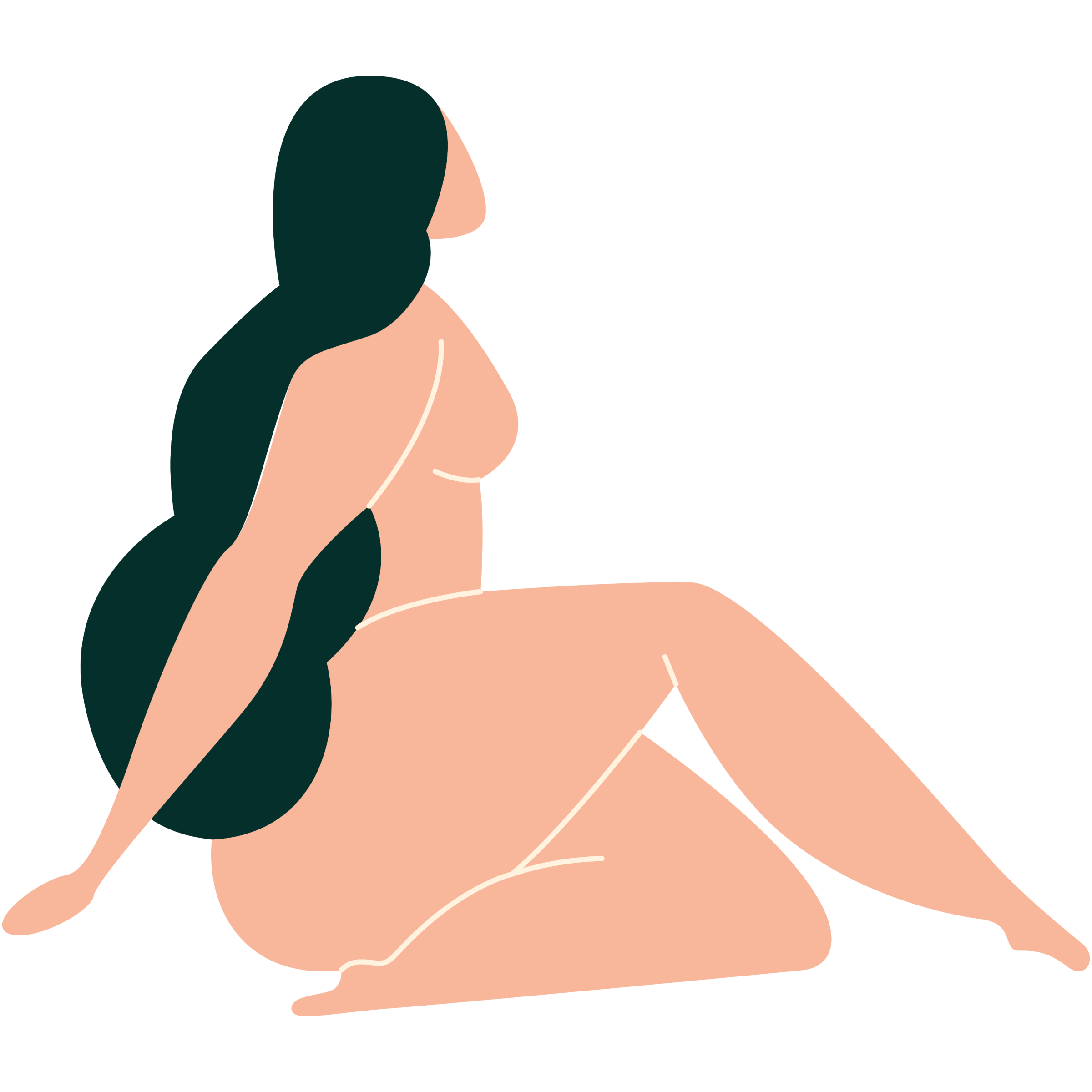
Body
Get to know your body through a better understanding of your anatomy and find the answers to some of your most common questions.
Back
All topics
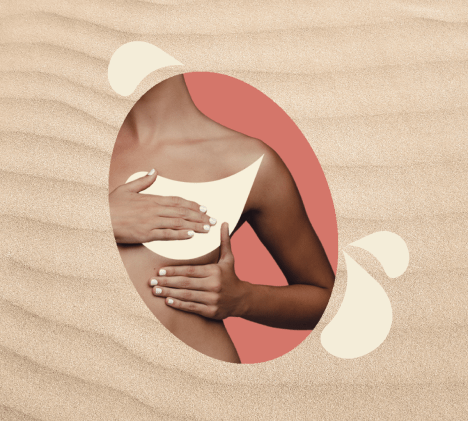
4 resources

20 resources

6 resources
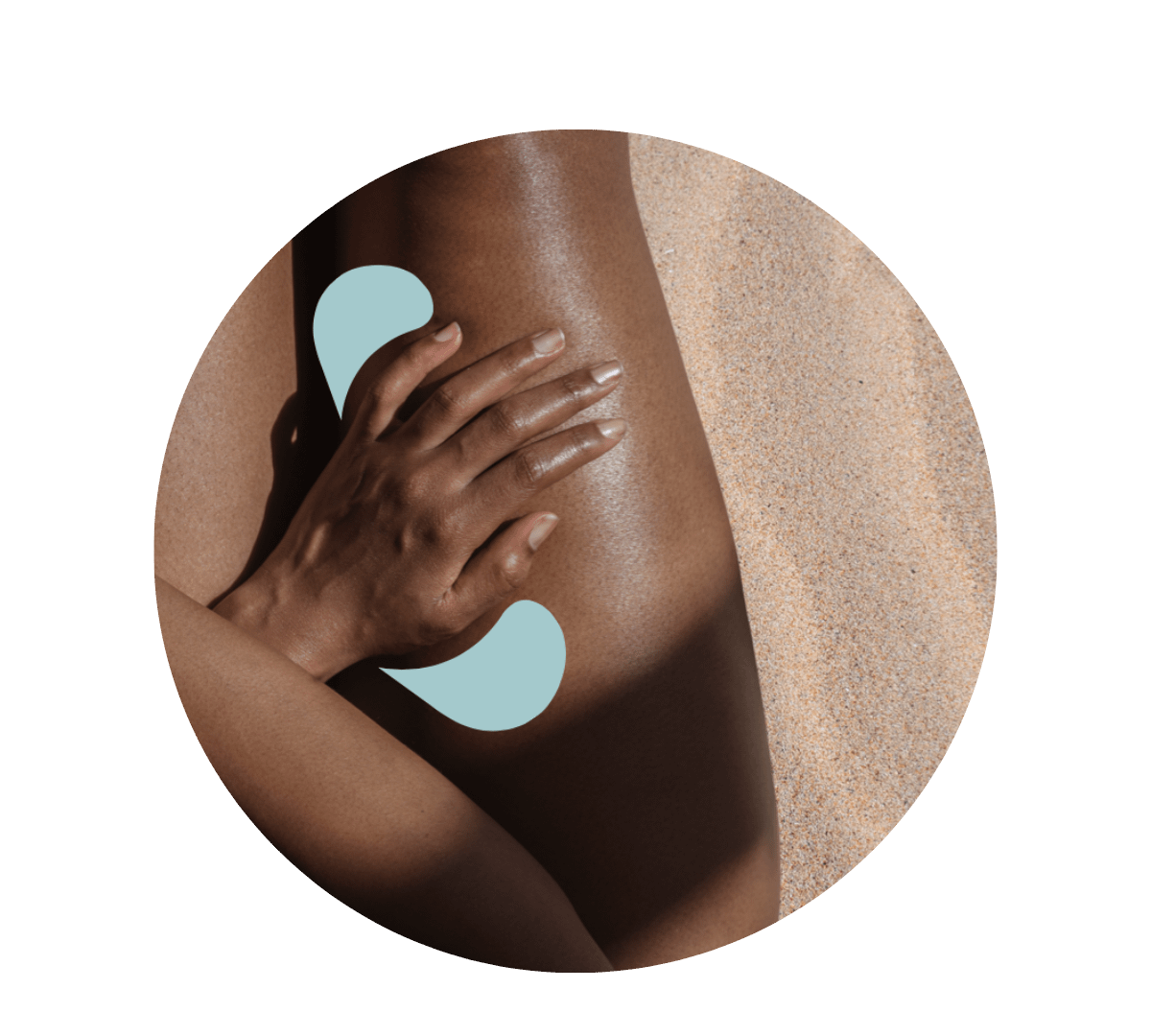
4 resources

6 resources
Back
All topics

9 resources

12 resources

4 resources

11 resources

2 resources
Back
Back
All topics

17 resources

11 resources

17 resources

2 resources

Mauj Products
We’ve designed our products to help you explore your body, solo or otherwise. Whether you’re a curious novice or a seasoned explorer, this is for you.
Back
All topics

4 resources

20 resources

6 resources

4 resources

6 resources
Back
All topics

9 resources

12 resources

4 resources

11 resources

2 resources
Back
Back
All topics

17 resources

11 resources

17 resources

2 resources

Mauj Products
We’ve designed our products to help you explore your body, solo or otherwise. Whether you’re a curious novice or a seasoned explorer, this is for you.
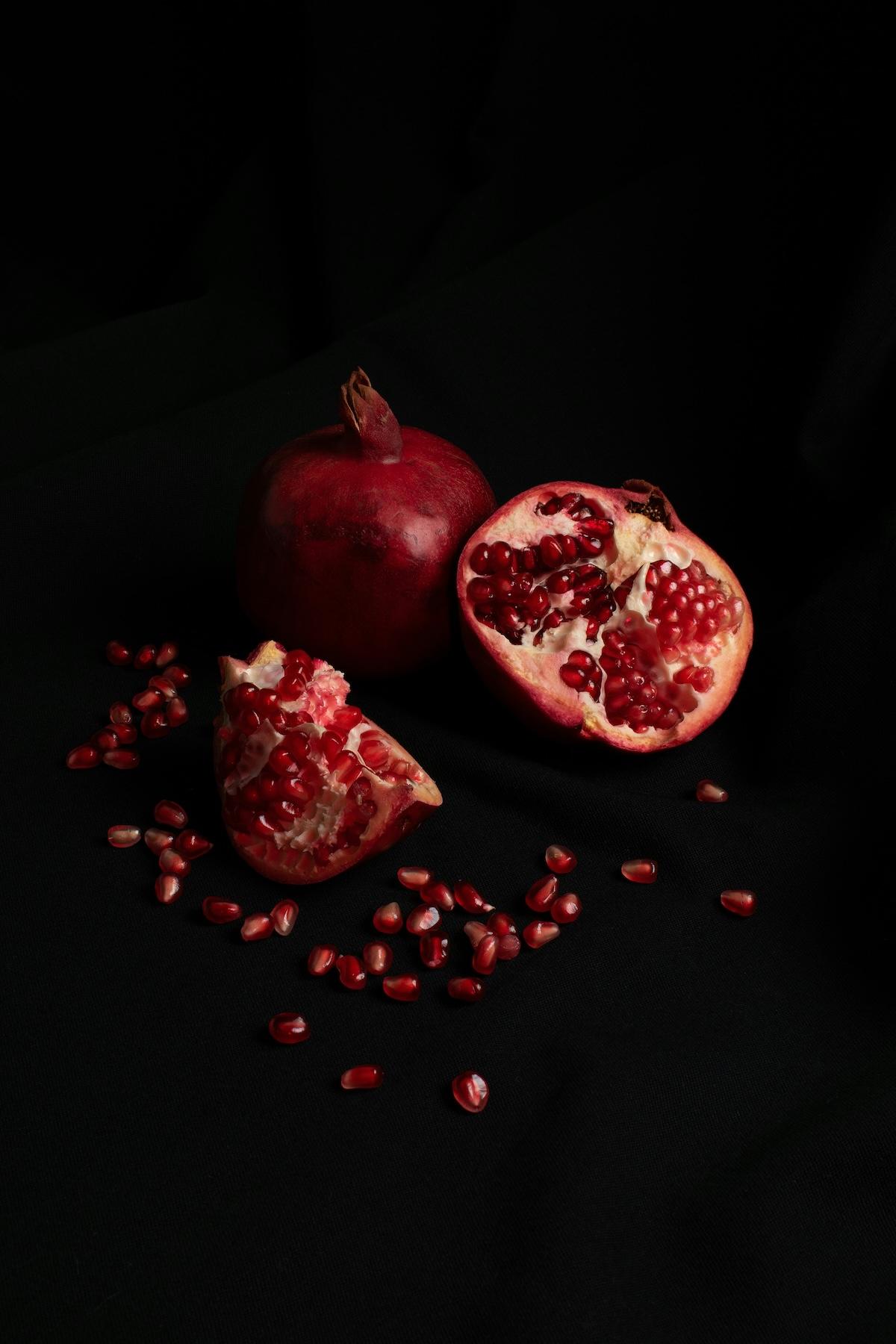
From a very young age, girls are taught that menstruation is a shameful secret: hide your pads, never talk about your period, and pretend everything's normal.
This shame and secrecy surrounding menstruation create a breeding ground for myths and misinformation, and these affect how we see our bodies and manage our menstrual health.
Let’s debunk some of these period myths together.
Truth: Period blood is not toxic, nor is it made up of rejected bodily fluids. It's actually made of blood, uterine tissue, mucus lining, and bacteria.
Simply put, period blood is the lining of the uterus, which was prepared for pregnancy, being shed when pregnancy doesn't occur that cycle. This lining must be clean enough to nurture an embryo and therefore cannot be toxic.
Truth: Light exercise can actually help alleviate period symptoms and discomfort like cramps and mood swings. It boosts endorphins, reduces stress, and improves blood circulation.
Truth: The average amount of blood lost during a period is about 30-40 milliliters, which is less than half a cup. While it may seem like more due to menstrual fluid mixed with other fluids, significant blood loss is uncommon and should be checked by a medical professional.
Truth: While the likelihood of getting pregnant during your period is lower, it’s still possible to get pregnant during your period, especially if you have a short menstrual cycle or irregular periods. Sperm can survive in the reproductive tract for several days, which increases the chance of conception.
Truth: Please don’t. There is no reason to avoid regular hygiene practices during menstruation; nothing will happen to you if you wash your hair or take a bath.
Truth: While mild discomfort can be normal, severe menstrual cramps could indicate an underlying medical condition like endometriosis or fibroids and should be evaluated by a healthcare provider. Never ignore your debilitating period pain.
Creating a world where menstruation is celebrated as a normal and natural part of life is possible, and it all begins with education. Share what you've learned here with a friend, sister, or daughter, and let's start breaking the cycle of shame together.
Did you find the answer you were looking for? Is there something we missed? What did you think of this resource? We want to hear from you.


